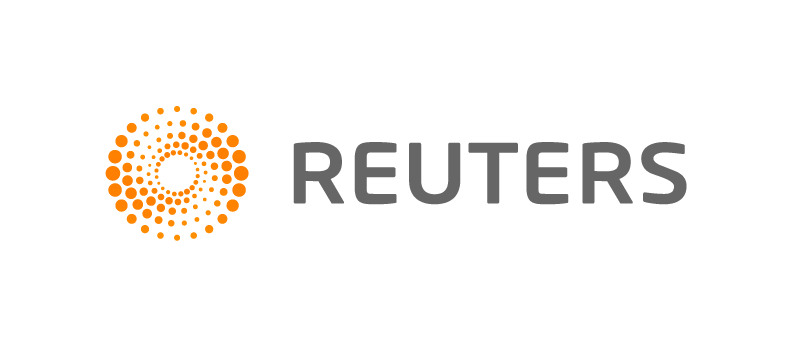
Darya Korsunskaya
.
MOSCOW, Dec 10 (Reuters) Deals between Russia and the countries through which the Gazprom-led South Stream gas link is to be built trump European Union rules, Russian Prime Minister Dmitry Medvedev said on Tuesday, raising the stakes in a row over the project.
The European Commission has said South Stream cannot operate on EU territory unless it complies with the bloc's energy law, and it could take years to do so.
According to the law, an owner of resources cannot also own the infrastructure through which they are shipped.
South Stream as well as Nord Stream, which already carries Russian gas to Europe via the Baltic Sea, are designed to bypass transit countries, including Ukraine, which stand in the way of Russian energy supplies to European markets.
Russia has signed intergovernmental agreements with a number of countries, including Austria, Bulgaria, Hungary and Italy, on the South Stream pipeline, which from 2018 is projected to carry 63 billion cubic metres of gas a year from Russia via the bed of the Black Sea.
Moscow has pushed forward with the project despite protests from EU authorities.
"Legal acts of the EU are considered to be national laws for the countries of the EU ... (while) intergovernmental agreements, signed by Russia and the above-named countries of the EU are acts of international law," Medvedev told a news briefing.
"On the whole, there is a rule of precedence of international law over national law. We only understand it this way."
Relations between Russia and the EU have deteriorated since last year, when the bloc's executive Commission announced it was investigating Gazprom on suspicion that the company had hindered the free flow of gas across Europe and imposed unfair prices in some cases.
EU Competition Commissioner Joaquin Almunia said on Wednesday that Gazprom had offered concessions to stave off those charges.
It is not clear what concessions Gazprom has offered.
"The ball is in the court of the European Union and we expect an answer to our initiatives," said Medvedev, who chaired the Gazprom board before 2008, when he was elected Russian president.



.jpg/250px-ElbeDay1945_(NARA_ww2-121).jpg)





